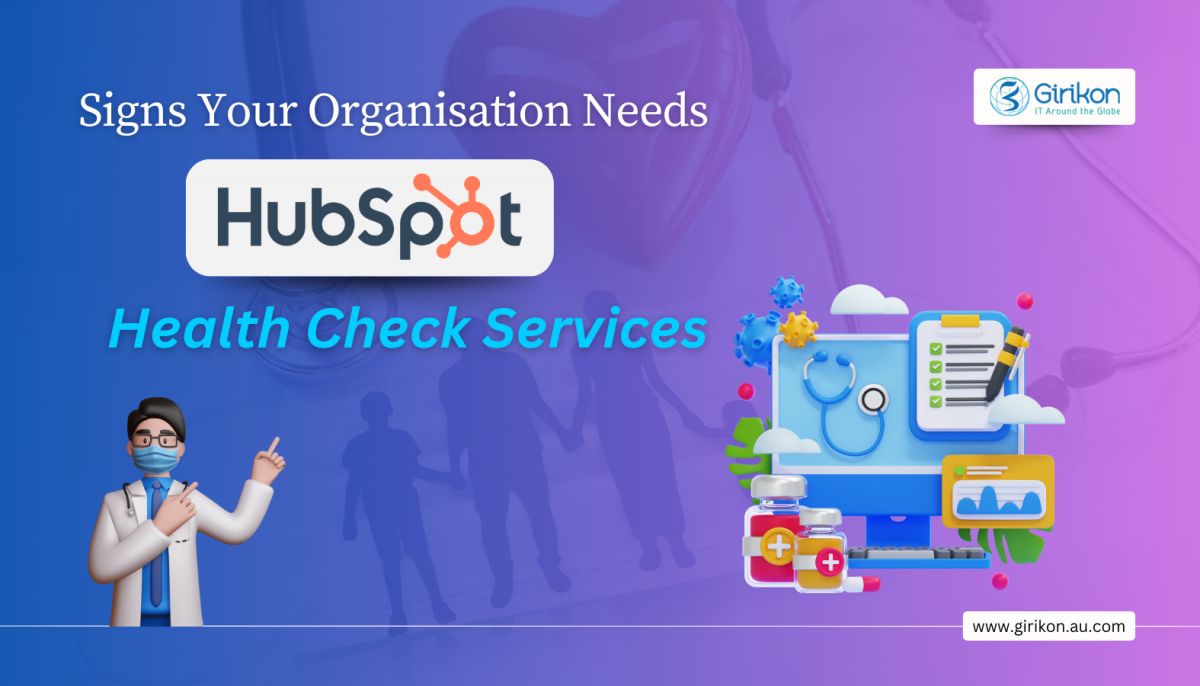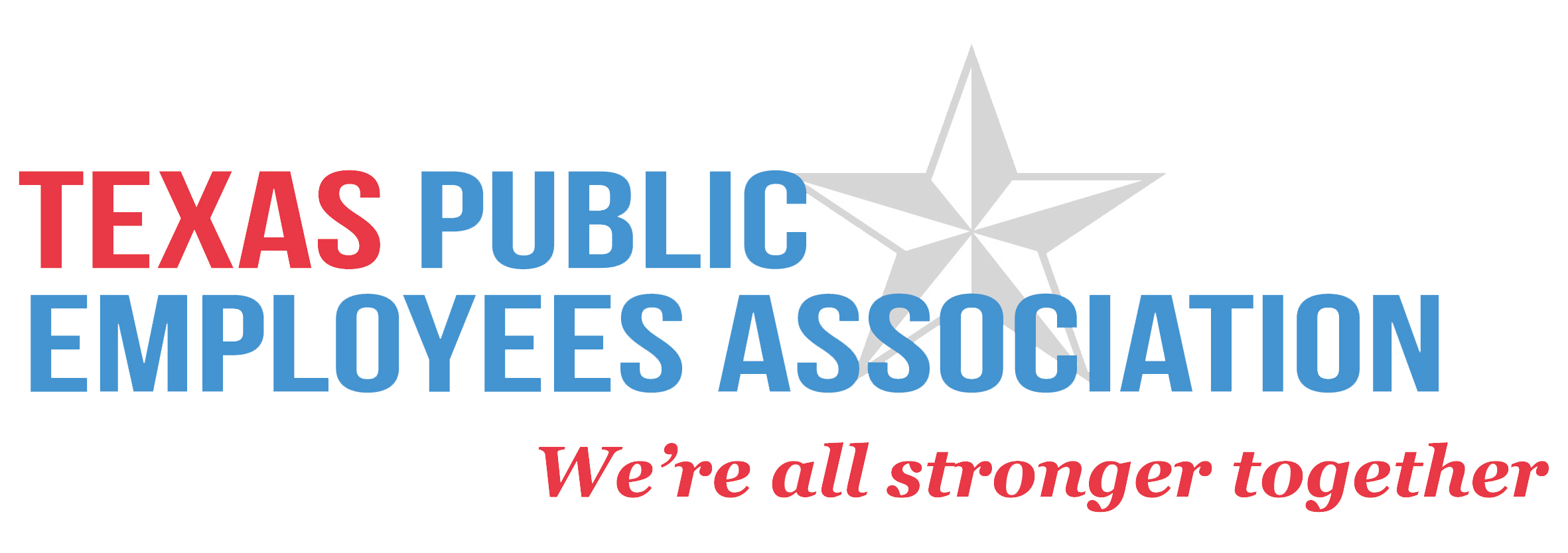Our Blogs
Table of content
- Preventing Scope Creep:- Finding the Right Fit:
- Ensuring User-Centric Implementation:
- Maintaining Data Quality for Optimal Results:
- Enhancing Collaboration Across Teams:
As a versatile and robust platform, Salesforce is revolutionizing business operations. Besides automating repetitive and tedious tasks, this cloud-based system provides a comprehensive view of customers, enhancing productivity. While Salesforce offers numerous advantages to businesses, its implementation can be challenging. When implemented correctly, Salesforce provides all the necessary tools for business growth.

With the increase in adoption of Salesforce, the rate of botched implementation also increases. Implementing a Salesforce project is a major endeavor that can yield substantial rewards if executed properly. It’s essential to connect with a Salesforce consulting company to know more about Salesforce. However, since no two implementations are identical, it's essential to consider all the various aspects unique to each Salesforce implementation, as these factors are crucial in determining the project's likelihood of success or failure.
Salesforce projects can fail for various reasons, and the solutions to address them depend on the specific issues encountered. Some common problem areas in Salesforce projects and their potential solutions include:
Preventing Scope Creep:
Identifying business requirements with great clarity early on is essential for successful implementations. One of the main reasons behind the failure of Salesforce projects is due to unclear goals. Understanding the scope of your project before you begin helps ensure a smooth and successful implementation. Companies often start with a minimal set of goals and add new requirements during the process. This can disrupt the implementation, inflate the budget, and extend project timelines. Outline your requirements or objectives thoroughly from the start and adhere to them until completion. Make sure expectations are based solely on these objectives, clearly define the requirements, and manage these goals effectively to prevent scope creep.
Finding the Right Fit:
Salesforce projects appeal to a variety of businesses across different industries given the all-inclusive features and customizability offered by it. However, businesses usually require dealing with first-hand damage due to partnership incompatibility during Salesforce implementation. For ensuring better chances of success, it’s prudent to engage with a partner who has similar experience as yours.
Ensuring User-Centric Implementation:
Salesforce implementations is more than just technology. When a business prioritizes its technology-based products over the people using them, it sets the stage for inevitable project failure. Since, end users are essence of every business, businesses should set all the objectives and requirements keeping them in mind. Organizations should make employees and customers the heart of everything and keep them informed about all the changes. For successful implementation, it’s crucial for organizations to seek their feedback and use their feedback to improve project.
Maintaining Data Quality for Optimal Results:
Irrelevant, incomplete, duplicative, or inaccurate data can lead to the failure of Salesforce projects. This can lead to poor customer experiences, lack of trust, incorrect revenue forecast and more. Since the quality of data impacts the rest of the project, it’s crucial to feed accurate and recent data in the system. It’s prudent to invest in data cleansing if quality data is missing. While data cleansing can be burdensome given the amount of data to be cleansed. However, cleansing is a crucial step to turn leads into customers. Salesforce provides straightforward methods for defining new objects and fields. However, it's crucial to gather data efficiently to prevent long input forms, poor user adoption, inaccurate reporting, and scalability issues. Keeping the data entry process as simple as possible is key to achieving this.
Enhancing Collaboration Across Teams:
Organizational silos are a significant factor contributing to the failure of Salesforce projects. Businesses often isolate their implementation teams from stakeholders and other groups, resulting in poor communication and problematic outcomes. Maintaining open communication channels with end users and other stakeholders at every stage of the process is essential. This approach enables implementation teams to receive direct feedback about requirements from those who will finally use the solution.
Final Words:
Implementing a Salesforce can present various challenges if not approached properly. Key issues often arise from insufficient planning efforts and a lack of expertise amongst personnel. However, by recognizing typical pitfalls that have undermined other Salesforce rollouts, organizations can take preventive actions to avoid similar setbacks and facilitate smooth implementation. With diligent planning and an experienced team, the Salesforce platform can be deployed successfully to meet business needs. It's crucial to get in touch with a Salesforce Implementation Partner who can address the specific challenges encountered by you in your projects. This approach will save you the hassle of analyzing and pinpointing the weaknesses in your business.

 +61-1300-332-888
+61-1300-332-888 +1-480-382-1320
+1-480-382-1320







































